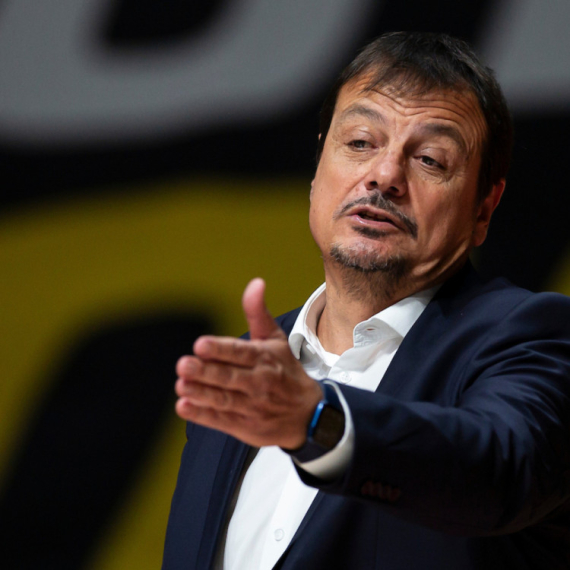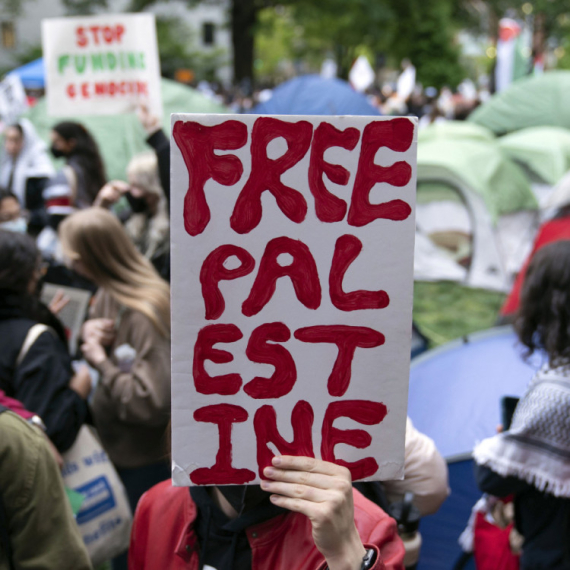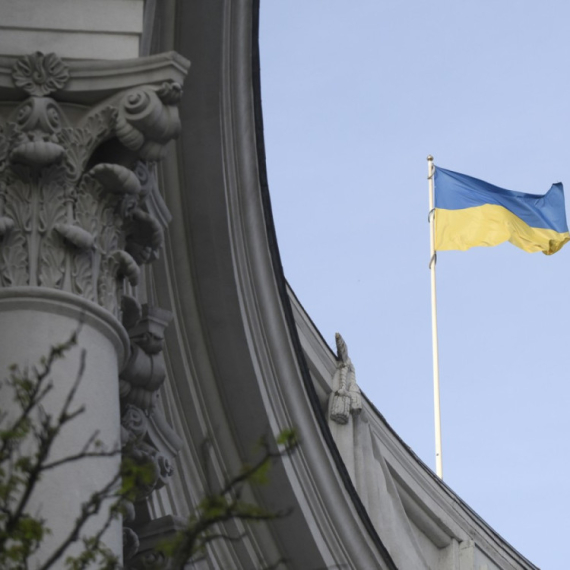Awaiting EU deal implementation
Serbia has not started to unilaterally apply the trade part of the SAA on Jan. 1, despite earlier announcements.
Thursday, 01.01.2009.
13:19

Serbia has not started to unilaterally apply the trade part of the SAA on Jan. 1, despite earlier announcements. The SAA was signed last spring, but suspended pending Belgrade's full cooperation with the Hague Tribunal. However, the government said it would go ahead and implement its share of the Interim Trade Agreement. Awaiting EU deal implementation But this was blocked as the government withdrew its proposed legislation on changes of customs laws from parliamentary procedure, due to the budget deadline that loomed at the end of December. Reports say that consumers in Serbia could stand to benefit from lower retail prices if customs duty for goods imported from the EU is lowered. Most of the customs will be decreased gradually over the six years that the agreement is set to last. The first goods to have the customs on them lowered will be those that that already pay low duty, are not produced in Serbia, or are produced in negligible amounts. Government's EU integration office chief Milica Delevic says that the EU has "practically since 2000 started to implement the trade deal", since it dropped all customs and kept quotas for some Serbia-made products. The most important part of the deal pertains to agricultural products and foodstuffs, and raw production materials. The domestic agriculture has long been protected from EU competition with high customs rates, which are envisaged to go from 21.2 percent today to 3.2 percent in six years' time. Minister of Trade Slobodan Milosavljevic says he expects that some prices will go down as a consequence, along with the VAT level, and expects the latter to take place in March. However, when asked what the state intends to do if retailers refuse to drop the prices and use lower customs to increase their own profits, Milosavljevic repeated that the state does not interfere in the forming of the prices and that it is up to competition to regulate this area.
Awaiting EU deal implementation
But this was blocked as the government withdrew its proposed legislation on changes of customs laws from parliamentary procedure, due to the budget deadline that loomed at the end of December.Reports say that consumers in Serbia could stand to benefit from lower retail prices if customs duty for goods imported from the EU is lowered.
Most of the customs will be decreased gradually over the six years that the agreement is set to last. The first goods to have the customs on them lowered will be those that that already pay low duty, are not produced in Serbia, or are produced in negligible amounts.
Government's EU integration office chief Milica Delević says that the EU has "practically since 2000 started to implement the trade deal", since it dropped all customs and kept quotas for some Serbia-made products.
The most important part of the deal pertains to agricultural products and foodstuffs, and raw production materials.
The domestic agriculture has long been protected from EU competition with high customs rates, which are envisaged to go from 21.2 percent today to 3.2 percent in six years' time.
Minister of Trade Slobodan Milosavljević says he expects that some prices will go down as a consequence, along with the VAT level, and expects the latter to take place in March.
However, when asked what the state intends to do if retailers refuse to drop the prices and use lower customs to increase their own profits, Milosavljević repeated that the state does not interfere in the forming of the prices and that it is up to competition to regulate this area.


































Komentari 1
Pogledaj komentare